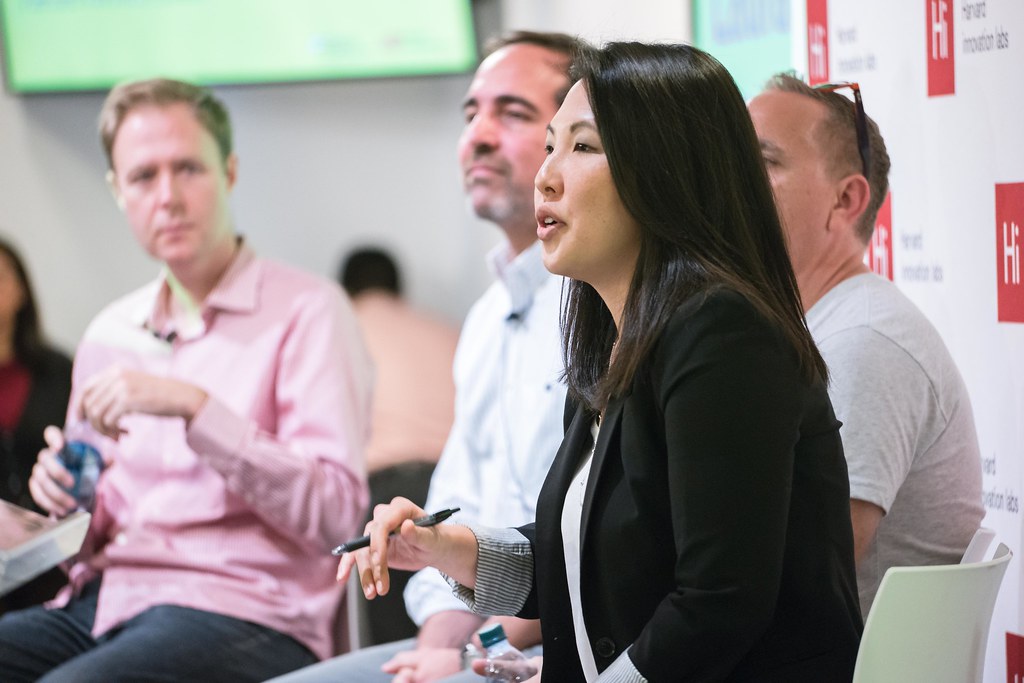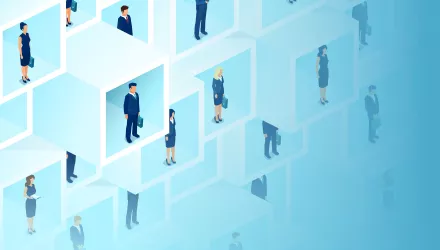Technology Innovation & Public Purpose – A HUBweek Event
This two hour exploration on the unintended impacts of technology on society will feature a keynote address by Ash Carter, former US Secretary of Defense and now the Director of the Belfer Center for Science and International Affairs at the Harvard Kennedy School. Secretary Carter will be followed by a panel discussion of business, government, and academic leaders on how we can work together to ensure the next generation of technologies serve overall human good. Confirmed panelists include David Eaves, Lecturer at HKS and Director of Digital HKS, and Chris Lynch, Founding Director of the Defense Digital Service at the U.S. Department of Defense, Steve Strassmann, Senior Architect at Kyruus and former Chief Technology Officer of Massachusetts, and Laura Manley, Director of the Technology and Public Purpose Project at Harvard's Belfer Center.





